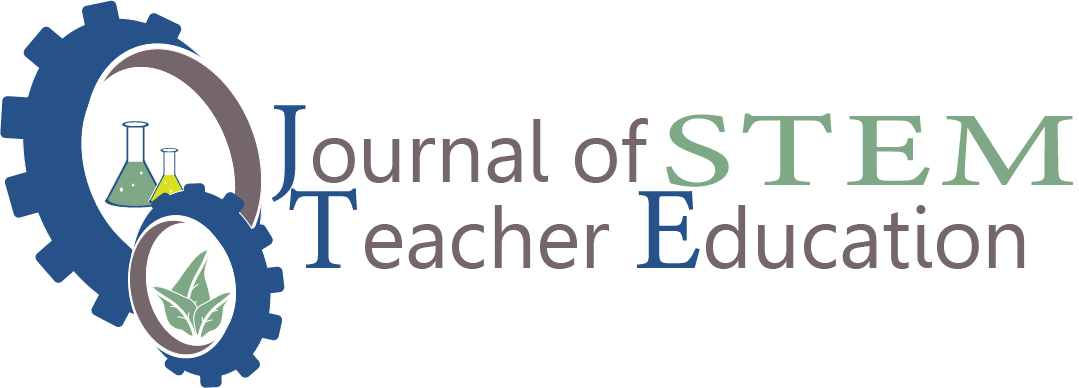
Abstract
STEM teacher educators are aware that we teach far more than content-specific methodology. Educators need to guide STEM teachers in the knowledge and skills to support emergent multilingual students (English language learners, or ELLs) by simultaneously developing their STEM content learning and scaffolding their language acquisition (Hoffman & Zollman, 2016; Suh, Hoffman, & Zollman, 2020). Research identifies the family unit having a profound effect upon student learning and educational choices. Educators, educational researchers, and policymakers alike recognize the importance of family involvement in education (Grant & Ray, 2019). Although previous family engagement initiatives have focused on teaching families from a school-based perspective (Bush & Cook, 2016), we advocate for a STEM family engagement model which honors and grows out of families’ existing funds of knowledge. This article lays out an argument for STEM teacher educators explicitly addressing multilingual family engagement as a key part of STEM education. We explain purposes, pitfalls, and practical steps STEM teacher educators can utilize that have a positive impact on diverse students’ STEM learning. We also encourage STEM educators to address “STEM mindset” in addition to STEM literacy skills and interdisciplinary STEM content knowledge.
Recommended Citation
Hoffman, Lisa; Suh, Emily; and Zollman, Alan
(2021)
"What STEM Teachers Need to Know and Do to Engage Families of Emergent Multilingual Students (English Language Learners),"
Journal of STEM Teacher Education: Vol. 56:
Iss.
1, Article 2.
DOI: https://doi.org/10.30707/JSTE56.1.1624981200.199563
Available at:
https://ir.library.illinoisstate.edu/jste/vol56/iss1/2
Included in
Bilingual, Multilingual, and Multicultural Education Commons, Science and Mathematics Education Commons, Teacher Education and Professional Development Commons

